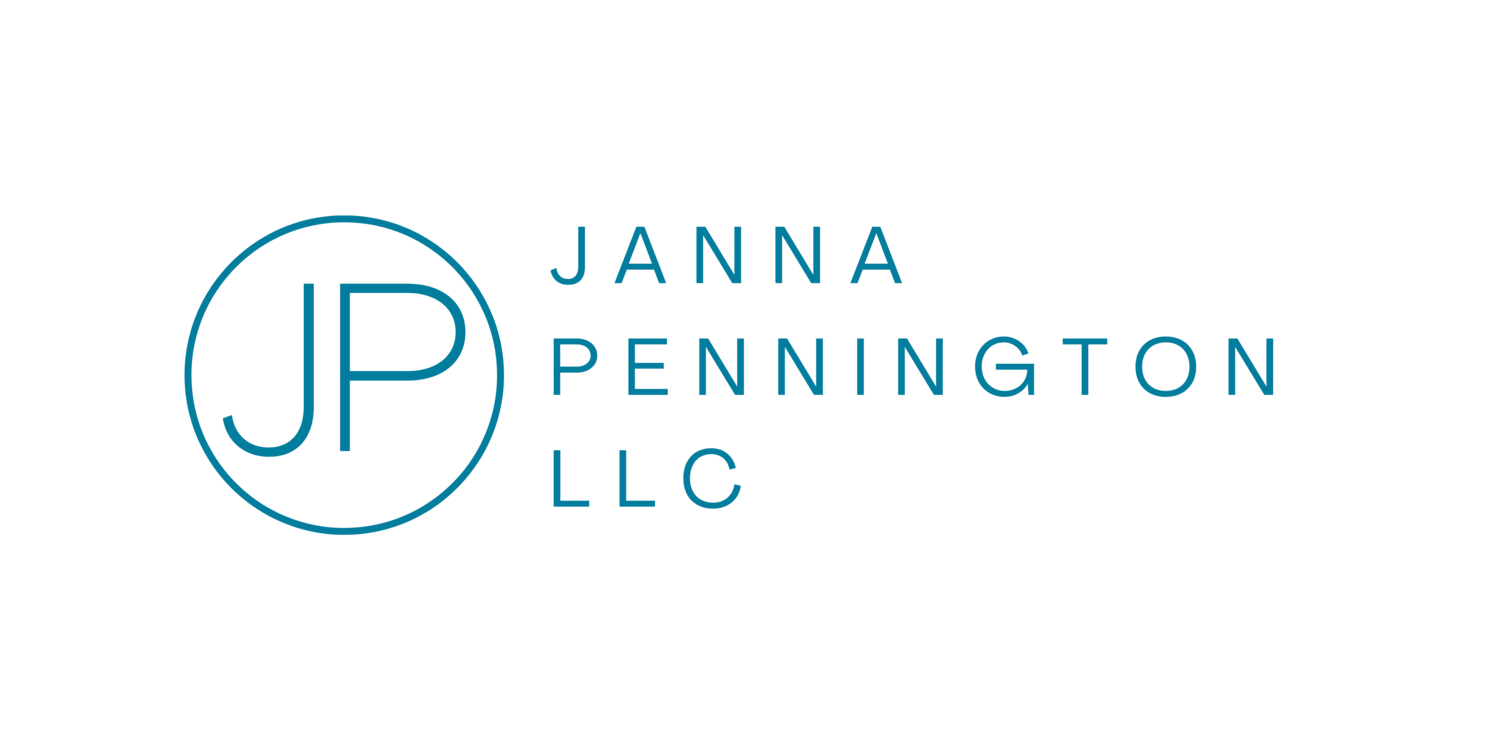Personality Assessments
Over the years I have administered hundreds (if not thousands!) of personality assessments, and I have encountered a lot of different opinions about them. Some people love them while others are skeptical, critical, or even antagonistic. At least one person in every group always asks, “Why are you trying to put me in a box?”
While I recognize the dangers of categorizing people, I think that the benefits of using personality assessments outweigh the risks. In my work, I have found assessments like the Enneagram, CliftonStrengths, and the Myers-Briggs Type Indicator (MBTI) to be excellent tools for facilitating self-discovery and teambuilding. On an individual level, these assessments can help us to better understand ourselves by describing our tendencies and preferences in various areas. In groups, they provide a framework through which we can understand how different types of people work together. Even teams that have worked together for a long time often learn new things about each other through a personality-focused teambuilding session.
At the beginning of every session I lead, I share a few disclaimers that I think are important to include here. First, no personality is better than any other. We often think that how we do things is the “right” way, but there are actually many good ways of thinking, feeling, and behaving and we can benefit from working with those who are different from us. Secondly, people are complicated! You probably won’t find a personality assessment that perfectly describes you and that’s OK. Just use the information that is helpful and leave the rest. And thirdly, remember that other people are complicated, too. Avoid stereotyping others based on what you know about their personalities. When used responsibly, personality assessments can help us to transcend our “boxes” rather than get stuck in them.
The assessments that I use most frequently in my work are the Myers-Briggs Type Indicator (MBTI), CliftonStrengths, and the Enneagram. Each tool is different, and I enjoy working with clients to determine which one best fits their needs and goals. Here is a quick overview of each instrument. Feel free to contact me if you have questions or want more information!
Myers-Briggs Type Indicator: Based on the personality types identified by psychologist Carl Jung. Assesses preferences on 4 “dichotomies”: Extroversion vs. Introversion, Sensing vs. Intuition, Thinking vs. Feeling, Judging vs. Perceiving. Online assessment yields a 4-letter personality type (E.g., ENTP or ISFJ).
CliftonStrengths: Based on Positive Psychology and the work of Donald Clifton. Assesses areas of natural talent in four domains: Executing, Influencing, Relationship-Building, and Strategic Thinking. Online assessment yields a list of one’s top 5 strengths (E.g., Analytical, Communication, Focus, Positivity, Adaptability)
Enneagram: Based on ancient wisdom about mind, body, and spirit and modern psychology. Assesses 9 patterns of thinking, feeling, and behaving. Assessment yields a “dominant type” that is represented by a number, 1-9. (Note: Because the Enneagram focuses on motivation for behavior rather than behavior itself, the typing process may be more challenging than with the other two assessments.)
